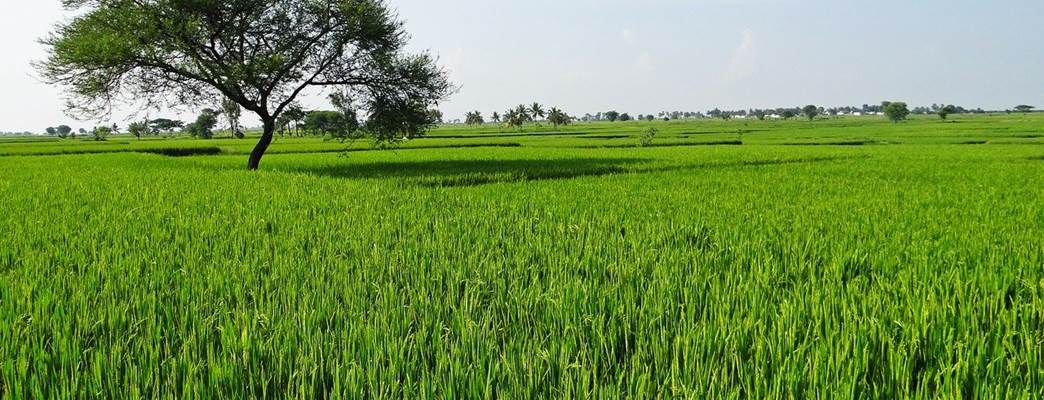Resilience Project aims to increase smallholders’ adaptability, agricultural productivity, profitability and nutritional benefits and enhance sustainable agricultural intensification. Assam and Odisha states grow rice predominantly however, frequent flooding during monsoon rains are a recurrent feature leading to damage to crops, livestock and livelihood itself. The project will demonstrate the positive impact of switching over to diverse crop systems, climate resilient rice and other crop varieties, integrating precise nutrient and water management measures, and pest and disease monitoring and control, with the support of digital applications.
The use of ICT tools/ mobile phones will demonstrate the benefits of knowledge exchange and improved connectivity with smallholders in the project areas. On the postproduction side, it emphasizes improving market access and storage technologies that will help farmers to get better prices for their produce.
Frameworks and policy inputs for scaling up the successfully tested climate smart technologies will be prepared jointly with stakeholders in the region. Integrating gender in adaptation, capacity building and dissemination will be an important cross cutting issue in the project. The project recognizes that diverse and integrated approaches in agriculture development will enable to address the challenges of climate change and extreme weather.
NIBIO has roped in diverse Indian institutions with their unique strengths into the project. It includes the National Rice Research Institute in Cuttack, Odisha University of Agriculture and Technology, Assam Agriculture University, International Water Management Institute and M.S.Swaminathan Research Foundation.
Recently, the Village Knowledge Centres (VKC) under the project enabled farmers to get advance information of possible pest attack after flooding and ways to control it. The VKC is a small hub, equipped with ICT tools and access to information and knowledge from experts. Farmers also used the VKC to access information on government programmes with which they set up solar pumps in the farms.
